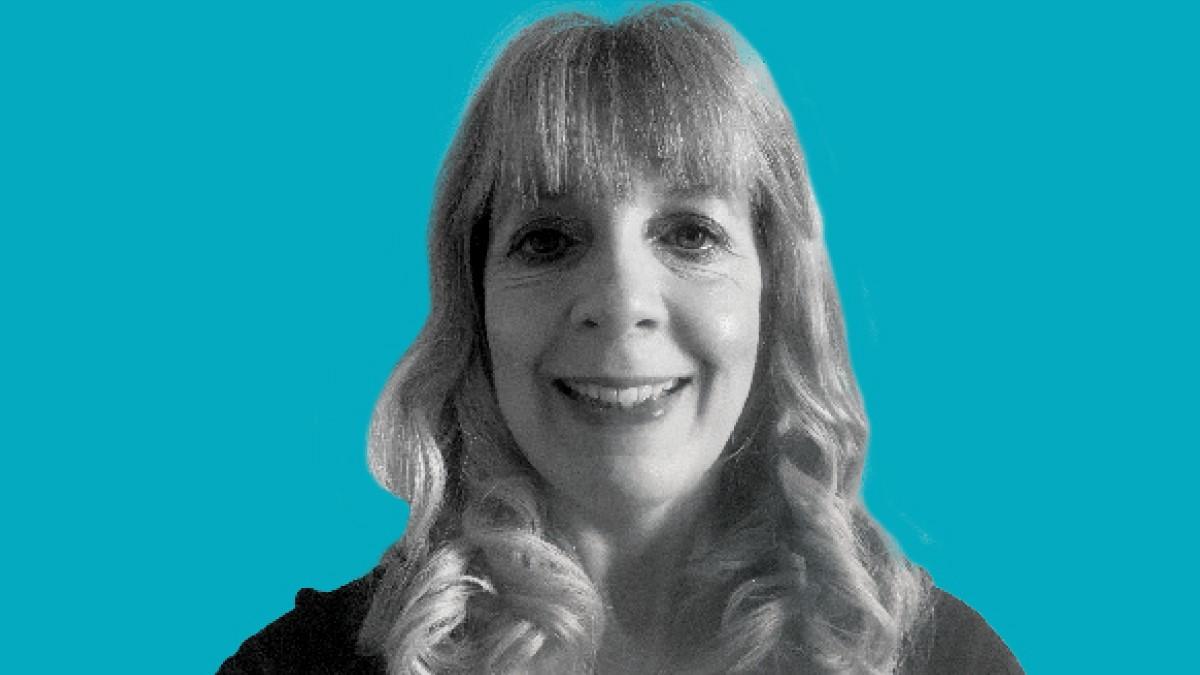Here we answer your questions about supervision and your role in the NHS, Jean Byrne, CSP professional adviser for Northern Ireland provides advice

‘What is supervision and how can I ensure that I am properly supervised in my role?’
There are many definitions that explain what supervision is. One that is used frequently in the literature is from Butterworth & Faugier (1993): ‘An exchange between practising professionals to enable the development of professional skills’.
Supervision encompasses several elements: operational, managerial, clinical and professional supervision as well as personal support.
The operational and managerial elements may be provided by an operational manager or lead.
The clinical and professional elements are generally provided by someone in your own profession.
However, they can also be provided by a colleague, or peer, from another health profession, who holds similar knowledge and expertise. Clinical supervision should facilitate the supervisee’s learning and development and clinical reasoning.
If you work in an NHS setting, as part of a team, arranging regular supervision should be straightforward. It should happen regularly, in a mutually respectful, open and supportive environment. Clinical supervision will generally be provided by someone who is of similar or greater levels of clinical experience.
It can happen in a one-to-one meeting or in a group supervision session. Group supervision is an efficient use of clinicians’ time where the whole group can benefit from discussion of challenging clinical scenarios.
If you are an advanced practitioner, or in private practice, you may not have direct access to other clinicians for this support. Professional networks could provide access to other clinicians in your area or further afield. Discussions about difficult cases with specialists in your team can be recorded as supervision sessions.
Records of discussions, which should include an action plan, should be securely kept, as evidence of CPD, which may be used for HCPC re-registration.
Time for supervision sessions should be protected and sessions given priority to assist with meeting organisational targets and governance requirements.
Key links:
Number of subscribers: 1
